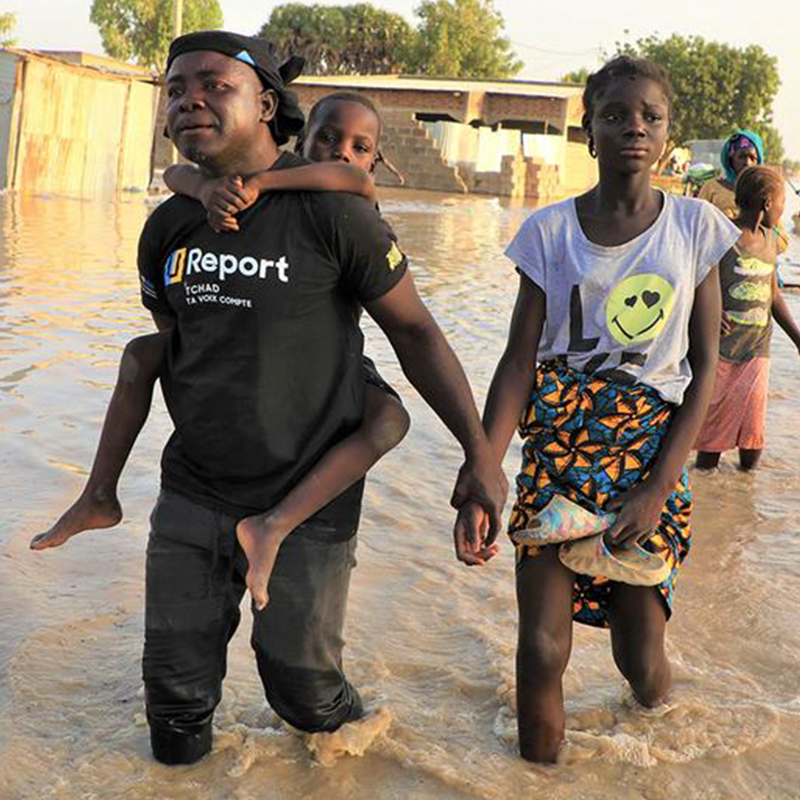
AI’s Role in Resolving Global CrisesAI’s Role in Resolving Global Crises In the face of unprecedented global challenges, artificial intelligence (AI) has emerged as a transformative tool that holds immense potential to aid in the resolution of complex crises. AI technologies can harness vast amounts of data, identify patterns, and develop innovative solutions, enabling us to address these challenges with greater speed, accuracy, and efficiency. Disaster Relief and Risk Reduction: * AI-powered systems can analyze satellite imagery and sensor data to predict and map disaster-prone areas, enabling early warning and evacuation. * AI algorithms can optimize resource allocation and logistics during disaster response, ensuring aid reaches those in need promptly. * Automated drones and robots can access dangerous or inaccessible locations to deliver supplies and medical assistance. Climate Change Mitigation and Adaptation: * AI can simulate climate models and predict future climate scenarios, informing decision-making and adaptation strategies. * AI-powered systems can monitor environmental data, such as emissions and deforestation, to identify hotspots and implement targeted interventions. * AI can optimize energy consumption and promote renewable energy adoption, helping reduce greenhouse gas emissions. Health Crises and pandemics: * AI algorithms can analyze medical data to identify potential disease outbreaks and track their spread in real-time. * AI-powered diagnostic tools can assist healthcare professionals in identifying diseases accurately, leading to earlier detection and treatment. * AI can develop personalized treatment plans, reducing healthcare costs and improving patient outcomes. Global Food Security: * AI can analyze crop data and weather patterns to optimize agricultural practices, increasing yields and reducing food shortages. * AI-powered systems can monitor food supply chains and detect fraud or contamination, ensuring the safety of food products. * AI can facilitate the development of drought-resistant crops and other sustainable agricultural solutions. Economic Crises and Poverty Alleviation: * AI can analyze economic data and predict market trends, enabling governments to implement sound fiscal policies and mitigate economic downturns. * AI-powered systems can identify those at risk of poverty and provide personalized support and financial assistance. * AI can facilitate remote education and skill training, empowering individuals to overcome economic challenges. Challenges and Considerations: While AI holds immense promise, it is crucial to address the challenges it poses, including: * Bias and Fairness: AI algorithms must be designed to minimize bias and ensure equitable access to its benefits. * Privacy and Data Security: The collection and use of personal data for AI requires rigorous privacy protections. * Ethical Considerations: The use of AI in crisis resolution must adhere to ethical principles and prioritize human rights and dignity. Conclusion: AI is a powerful tool that can revolutionize our approach to global crises. By leveraging its unique capabilities, we can improve disaster preparedness, mitigate climate change, address health emergencies, ensure food security, and alleviate economic crises. However, it is imperative to navigate the challenges it presents responsibly and ethically to maximize its potential for good. As we move forward, AI must be harnessed as a force for global progress and the betterment of humankind.
Posted inNews